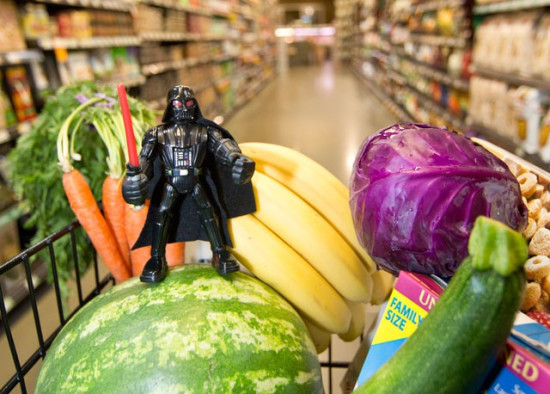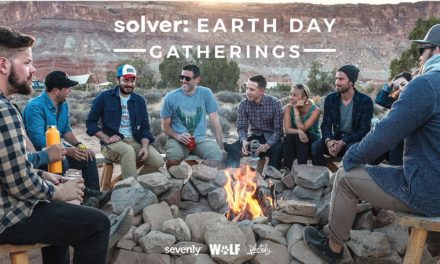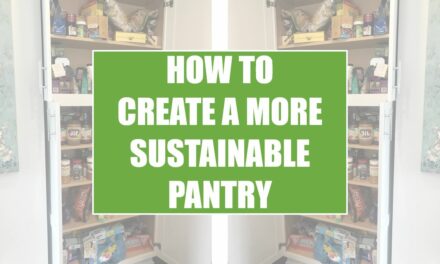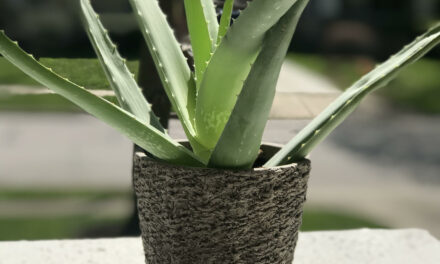Okay.. bad Star Wars pun, but since you are here… read about my sustainability improvements I’ve made for the month of May. 🙂
Also, please tell me you have seen Store Wars- the organic parody to Star Wars. We watched it in our 5th grade science class, and it was the first time I learned about what organic food was and the importance of buying them vs non-organic produce.
I’ve been on a journey this year to start living a more sustainable lifestyle in Ohio and have started making changes in my daily routine. I have been meeting a lot of different people from all over the world through social media that have inspired me to try some new things that will help reduce my impact. Just within this month, some of them have been:
- Using wool dryer balls instead of dryer sheets
- Air drying my clothes more often
- Continue composting food scraps
- Using cleaning cloths instead of paper towels
- Stainless steel straws
- Loose-leaf teas
- Hoarding glass jars for storage
- Using cloths instead of face wipes
- No AC so far- just opening windows
- Started making my own vegan milk (separate blog to follow 🙂 )
Which have been fairly easy to implement so far, and I wonder why I didn’t start trying these things earlier! I think it was because I thought I would be giving up convenience and spend more time doing these things the “sustainable” way but that’s not entirely the case. It makes me feel like I am being environmentally responsible and doing my part. Sure, some things take a little longer, but it’s worth it. Plus, I love that it saves me money in the long run. 😉
Have you been thinking about making some of these environmentally friendly changes listed above in your daily life? Here are some quick facts to motivate you:
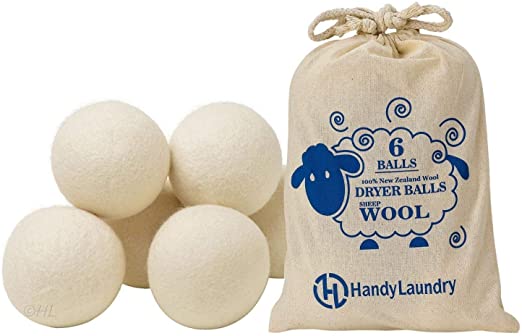
Using wool dryer balls instead of dryer sheets
Dryer sheets are filled with fragrances and chemicals that many people can have negative reactions to. It also contributes to air pollution as the dryer exhausts the fumes into the atmosphere. Switching to wool dryer balls (like the ones from HandyLaundry pictured above) also cuts down drying time which requires less electricity and reduces your utility bills over time.
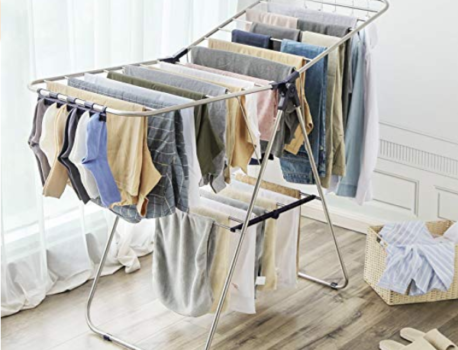
Air drying my clothes more often
Similar to the benefits above, completely air drying your clothes can save you roughly $200 a year off your electricity bill. That’s a round trip ticket to Florida! This also reduces global CO2 emissions and helping to mitigate the impacts of climate change. By switching to air drying, the average household can reduce their emissions by 2,400 pounds a year. Air drying is more gentle on your clothes and doesn’t damage the fabric as much as conventional dryers. This will help reduce the amount of clothes you need to purchase throughout the year… also saving you money.
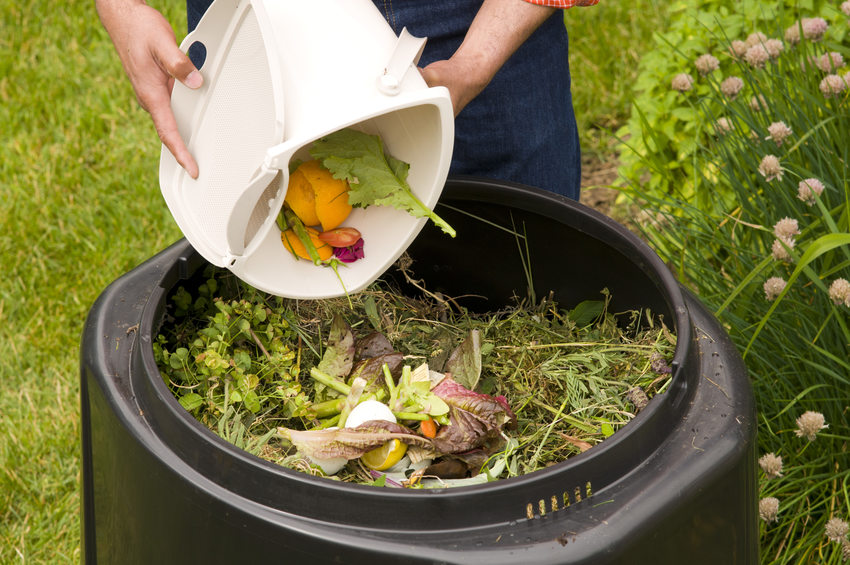
Composting food scraps
There are SO many benefits to composting: puts nutrients in the soil, reduces methane gas produced by landfills, helps your garden grow better, etc. For more details, read my article “Compost and Chill: How I Started Composting.” I describe the benefits in more detail and talk about how I started composting.
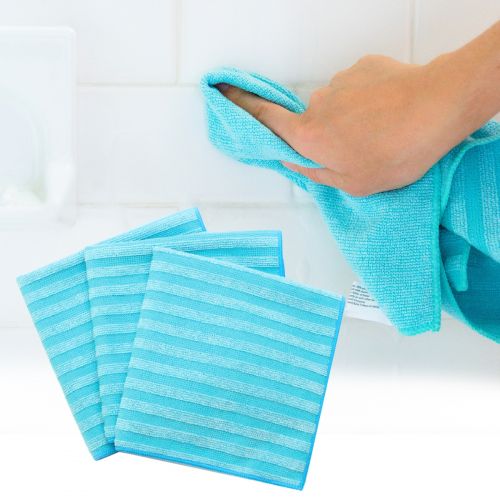
Using cleaning cloths instead of paper towels
In the US alone, we use more than 13 billion pounds each year. This results in 254 million tons of trash from paper towels each year. It takes 17 trees and 20,000 gallons of water to make 1 ton of paper towels. Switching to reusable cleaning cloths helps reduce landfill waste, preserves forests, and requires less water which is a precious commodity to many countries.

Stainless steel straws
I’ve been using stainless steel straws for awhile now but thought it was an easy, helpful tip to share. Switching to stainless steel straws eliminates 600 plastic straws PER PERSON each year from ending up in landfills. Helps avoid animals from ingesting them.. I’m sure you’ve seen the photos 🙁
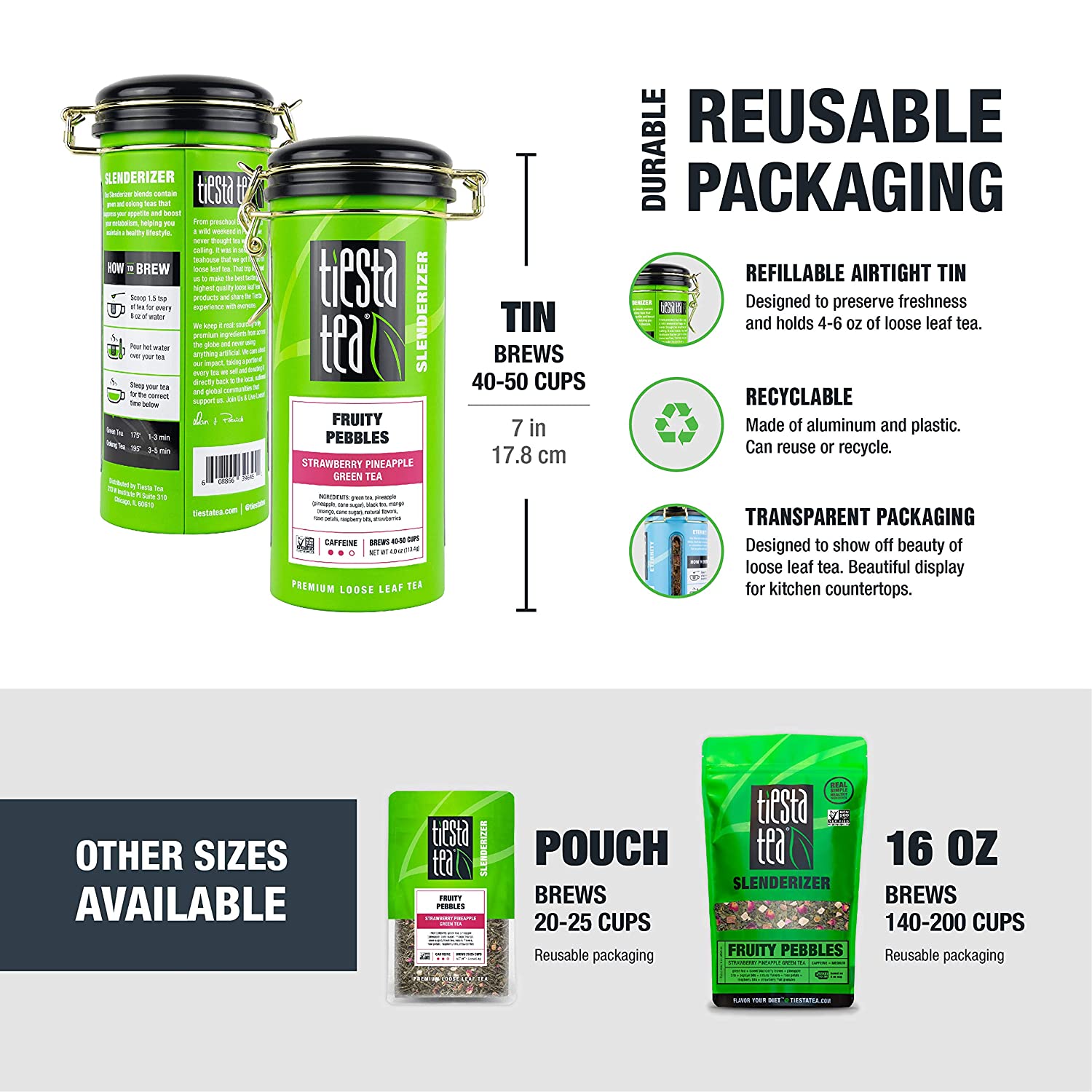
Loose-leaf teas
Loose leaf tea is fresher, higher quality, and tastes better than the processed tea bags we are used to purchasing in the US. Majority of the plastic tea bags are not compostable and contribute to 10,752 pounds of landfill waste each year. After you’re done brewing, the leaves can be tossed into your compost pile and turned back into nutrients for your garden.
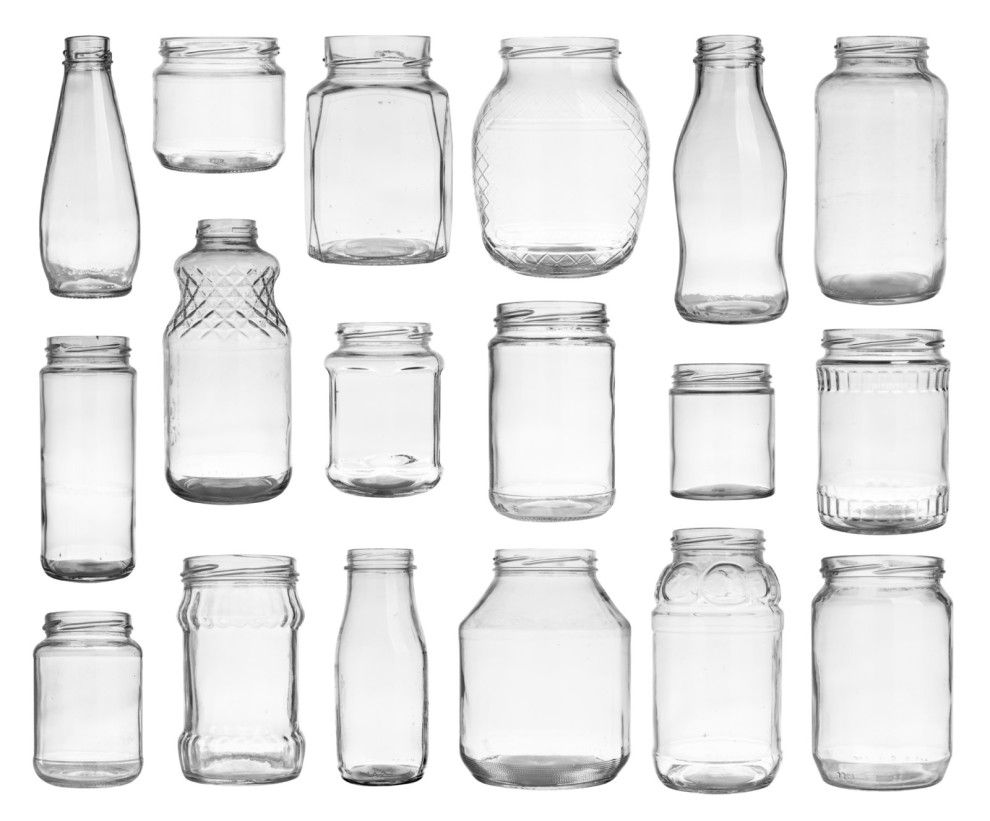
Hoarding glass jars for storage
I just recently started doing this after my initial post of wanting to improve the sustainable packaging of the products in my pantry. I still need to remove labels and dress up the lids, but I have started my collection this month. Glass is better for food storage because it does not have harmful chemicals that can leach into your food like plastic. More durable than plastic and can withstand high temperatures for cleaning making it more sanitary.
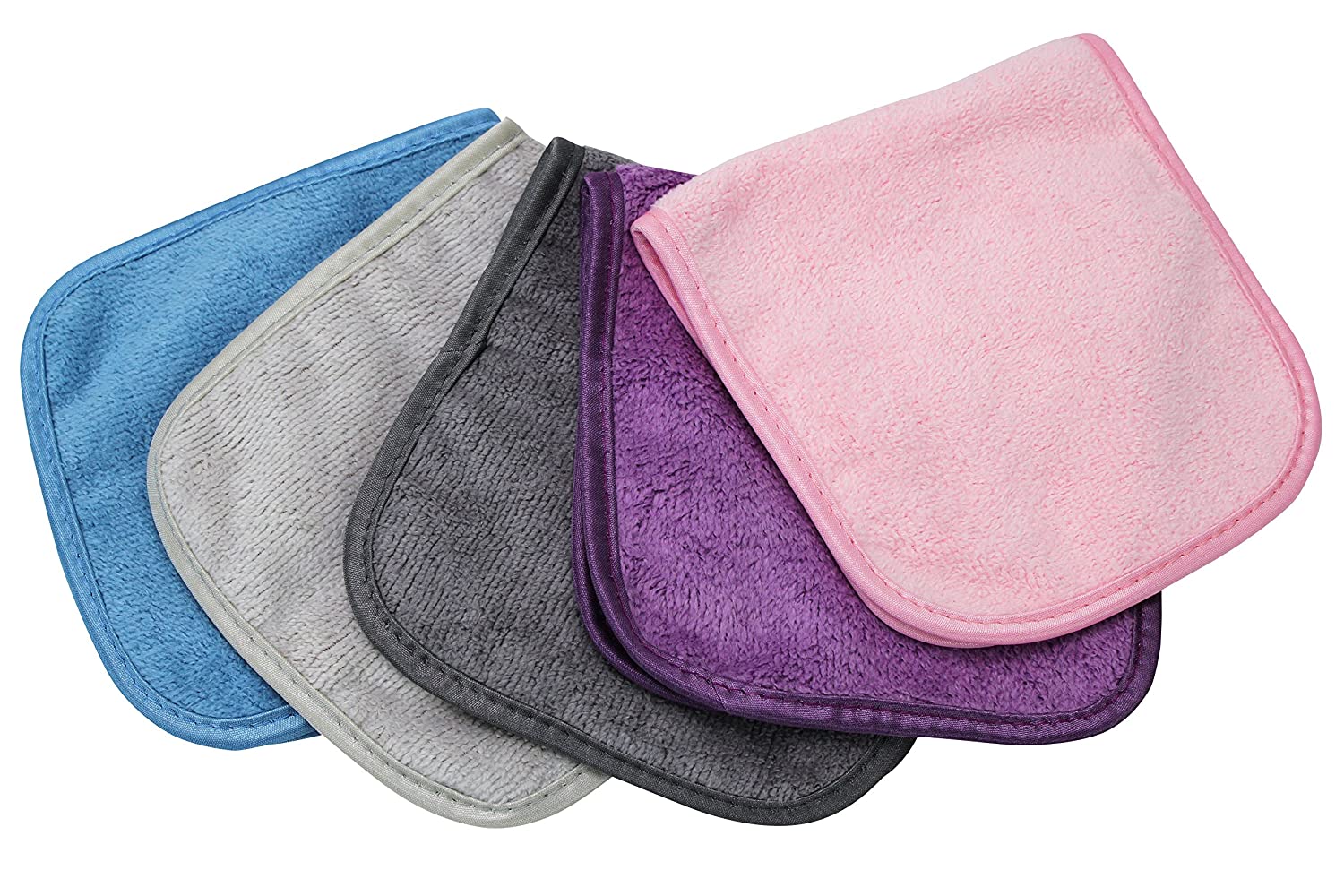
Using cloths instead of disposable face wipes
I switched to face cloths after learning that disposable face wipes contain plastic and harmful chemicals that enter the environment either through landfills or waterways via sewage. Using reusable cloths to take your makeup off and wash your face saves you money. Face wipes are expensive! I bought the ones featured above from Amazon solely because one of the reviewers said they were made out of the fabric from Mulan’s sleeve. Sold.
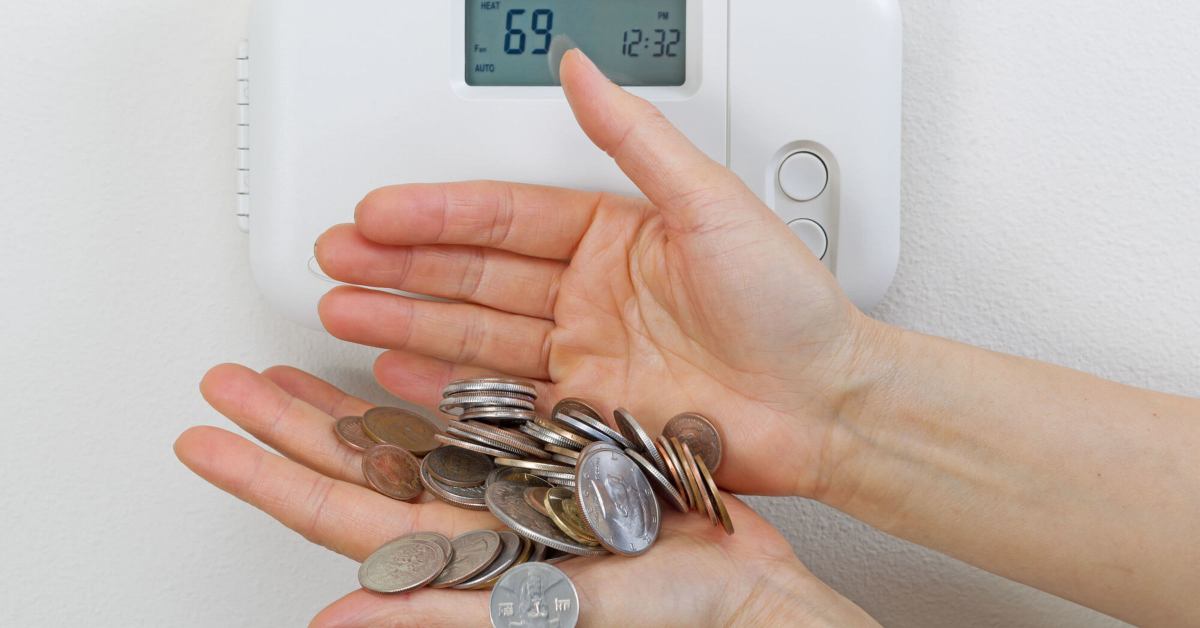
No AC so far- just opening windows
This depends on how efficient your AC unit is but overall using it less requires less electricity (less global CO2 emissions) thus reducing your utility bills.
Started making my own plant-based milk
This was one of those things I thought would be more challenging and time consuming than it actually was (especially with my Soyabella machine). Plant-based milk requires less energy and resources than the conventional dairy farm. In fact, the University of Oxford found that producing a glass of dairy milk resulted in 3 times the greenhouse gas emissions of any non-dairy milk. Making your own plant-based milk reduces waste by reusing glass containers to store it. It also ends up being CHEAPER. I made oat milk using 2.5 cups of oats and 8 cups of water. It was more than enough to refill a 64 oz Hartzler milk container. A container of oatmeal costs $1.88 at Aldi.

